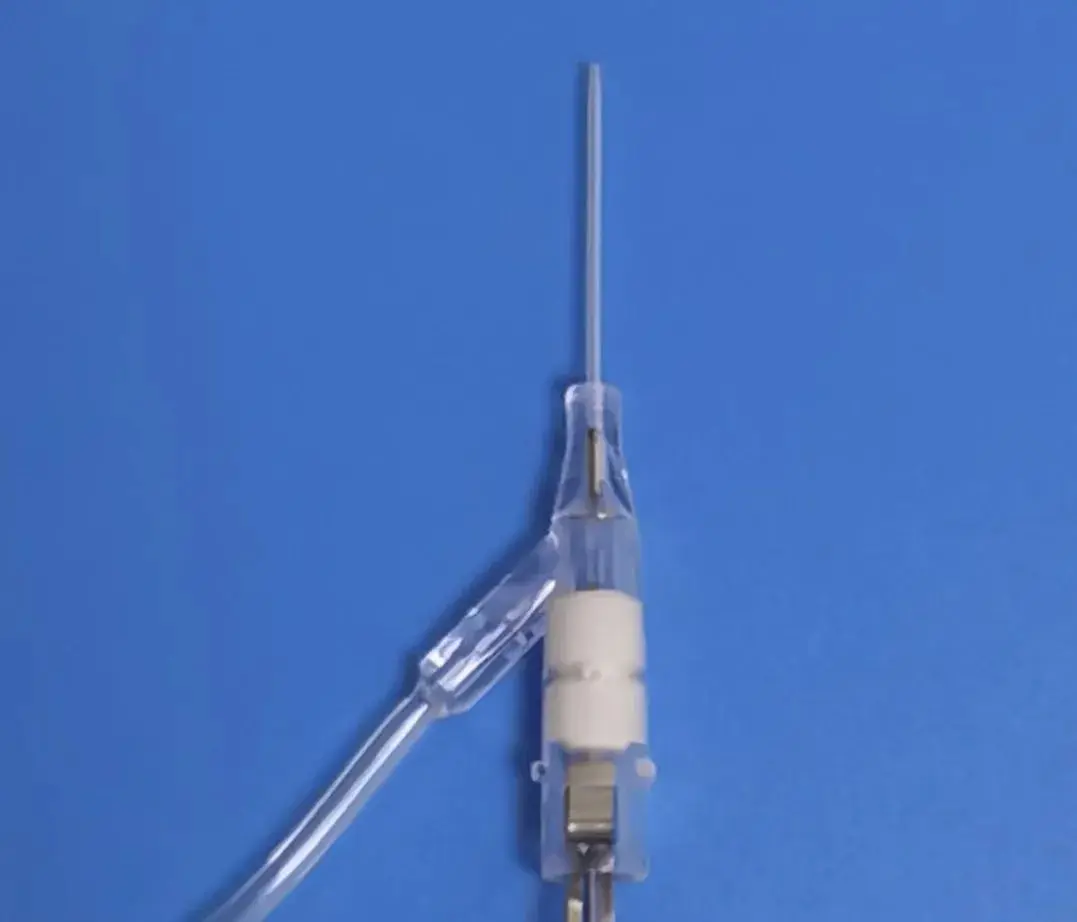
What are CE FCC IC certifications?
In our daily lives, we often see certification marks like CE, UL,FCC, RoHS, RCM, VCCI, BSMI, UKCA, KC, EAC, etc., on packaging and products. These marks appear on common household appliances, audio/video products, digital devices, communication products, power tools, electronic toys, medical electrical equipment, and both small and large appliances, as well as IT and telecommunications equipment. These certifications signify compliance with standards that ensure the safety and reliability of the products in various countries.
With the rapid economic growth and increased trend in global trade, products being imported and exported between countries need to meet specific testing standards to enter each market. Many certification marks indicate that the product complies with safety requirements outlined in regulations, serving as a commitment from companies to consumers. These marks enhance consumer trust in the products, and certified products face fewer barriers and risks in the European and Asian markets.
FCC Certification
FCC certification applies to electronic and electrical products manufactured or sold in the United States. It verifies that the radio frequency emissions of a product meet FCC standards. Common products requiring FCC certification include Bluetooth keyboards, Bluetooth speakers, wireless microphones, mobile phones, laptops, power adapters, routers, and switches.
Why is FCC certification needed?
1. To reduce interference between devices
FCC certification helps reduce interference between devices. For example, airplanes use radio frequencies to communicate, and interference could pose serious safety risks, which is one of the reasons why FCC certification is essential.
2. To ensure consumer safety
FCC certification places safety responsibility on companies, ensuring that they produce products safe for consumer use. During FCC certification, the SEC assesses safety, and if a product is deemed unsafe, the FCC will require the company to make necessary changes.
3. To facilitate market entry in the Americas
Products entering the Americas market must meet FCC certification standards and carry the appropriate label. For consumers, certified products provide a high level of safety assurance, increasing trust and preference for certified products.
CE certification
CE stands for "conformité européenne." In simple terms, CE certification is a testing certification for products entering the EU market, ensuring they comply with relevant EU directives and standards. A CE mark must be affixed to a product that meets these standards before it can be sold in the EU market. The CE mark is mandatory in the EU; both EU-manufactured and non-EU-manufactured products must bear it to circulate freely in the EU. This mark indicates that the product meets essential requirements under the EU's "New Approach to Technical Harmonization and Standards" directives. Products not regulated by EU directives do not require the CE mark.
IC (ICES) Certification
ic certification allows electronic products to enter the Canadian market. IC certification is essential for sales in Canada, providing quality assurance and increasing consumer trust. Similar to the FCC in the US, IC certification applies to electronic products without wireless functionality, while wireless-enabled products require IC-ID certification. IC standards primarily regulate electromagnetic interference, covering products such as wireless mice and keyboards, remote-controlled toys, and various low-power wireless RF products.
Email:hello@jjrlab.com
Write your message here and send it to us
 Toothbrush FDA Certification Testing
Toothbrush FDA Certification Testing
 Snoring Device FDA 510k Standard Testing
Snoring Device FDA 510k Standard Testing
 Single Use Intravenous Catheter Certification Test
Single Use Intravenous Catheter Certification Test
 Silicone Material Product Compliance Certification
Silicone Material Product Compliance Certification
 What to Do If Cytotoxicity Test Results Are Positi
What to Do If Cytotoxicity Test Results Are Positi
 ISO 10993:5 Cytotoxicity Testing Methods
ISO 10993:5 Cytotoxicity Testing Methods
 FDA ISO 10993-1 Biocompatibility Evaluation Guidel
FDA ISO 10993-1 Biocompatibility Evaluation Guidel
 In Vitro Cytotoxicity Testing for Medical Devices
In Vitro Cytotoxicity Testing for Medical Devices
Leave us a message
24-hour online customer service at any time to respond, so that you worry!




